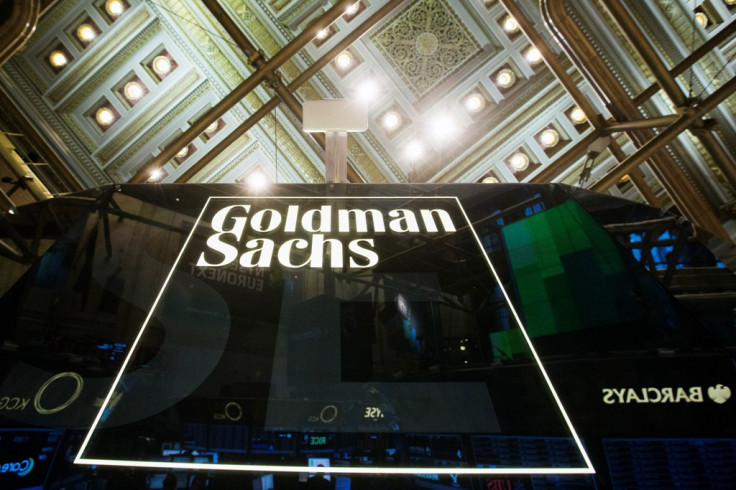Goldman Sachs, JP Morgan and Morgan Stanley Manipulated Commodity Prices, Says Senate

US banks in the physical commodities space manipulated prices and added to consumer bills, a Senate investigation has found.
Goldman Sachs, Morgan Stanley and JP Morgan stockpiled aluminium, oil, jet fuel and other commodities in order to inflate market prices, a huge report following two years of investigating found.
These banks – and one other unnamed financial institution – allocated insufficient capital and insurance to cover extreme losses, the report found. The shortfalls ranged from $1bn to $15bn.
The Federal Reserve was criticised for not clamping down hard enough on the risk-taking that is so prominent in the physical commodities space. In some cases, the Fed was simply unaware of what was going on.
A previous Reuters investigation outlined how those in the metals business – including banks, warehousing firms and traders – had artificially bloated prices by ensuring slow delivery times. Among those subsequently subpoenaed by the US Commodity Futures Trading Commission (CFTC) were Glencore and Goldman Sachs.
A Goldman Sachs subsidiary allegedly shuffled aluminium stocks around its warehouses each day, lengthening storage times and bloating rental costs, which pushed up the metal's market price and produced bigger profits.
Goldman said the ploy was not against any laws or regulations set by the LME which regulates the market.
In November last year, JPMorgan was warned by the US Federal Reserve about its metals warehousing arm.
The scandals led to a revision of rules in the UK – where the dominant London Metals Exchange is based – and heavily informed the lengthy Senate investigation.
Speaking at a news briefing, the chair of the Senate committee looking into the issue, Carl Levin, said: "We found substantial evidence that these activities expose major banks to catastrophic risks ... that could result in losses that exceed bank capital reserves and insurance coverage and thereby threaten the stability of the financial system."
© Copyright IBTimes 2025. All rights reserved.






















